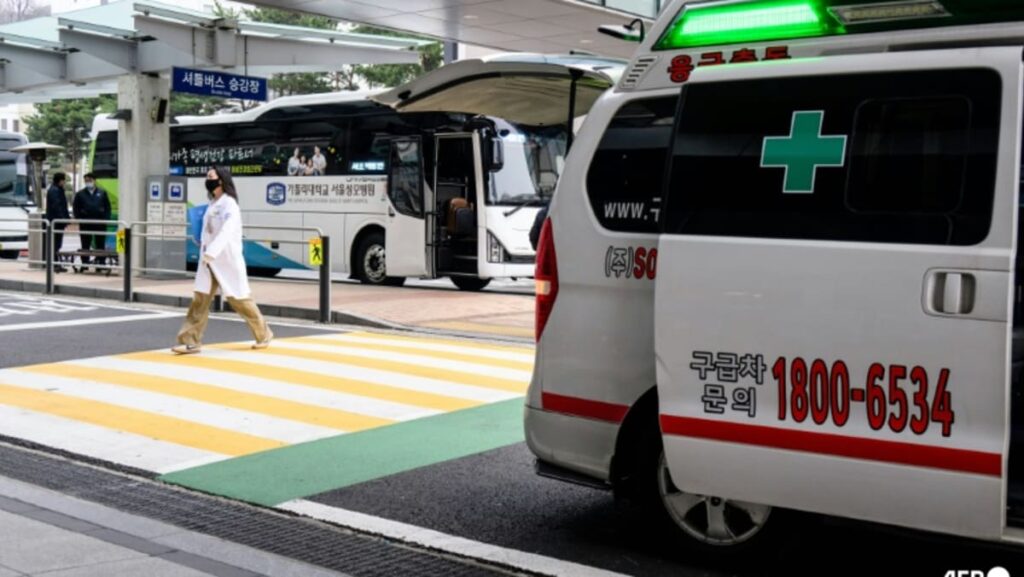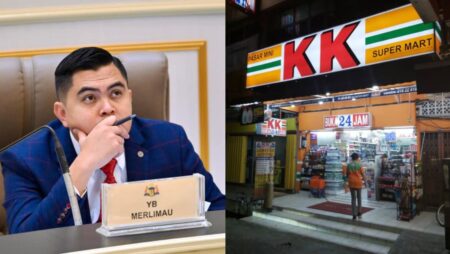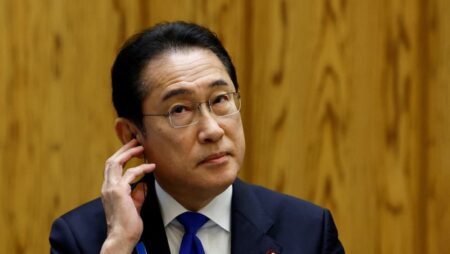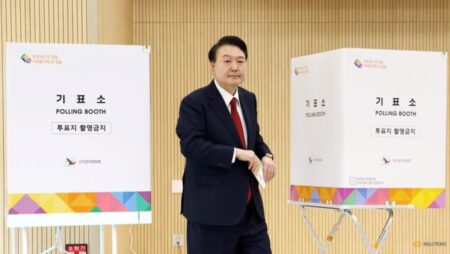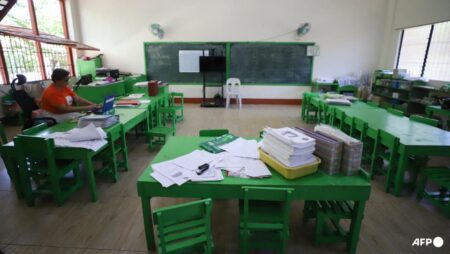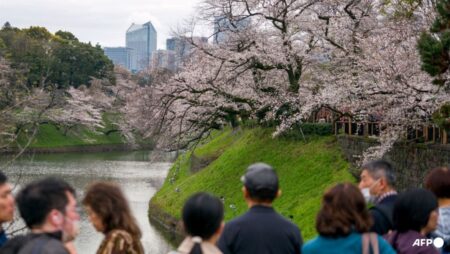MILITARY MOBILISED
The government last week announced new measures to improve pay and conditions for trainee medics, plus a review of the continuous 36-hour work period, which is a major gripe of junior doctors.
The strikes have led to surgery cancellations, long wait times and delayed treatments at major hospitals.
Seoul has denied that there is a full-blown healthcare crisis, but Chun said that military doctors will start working in civilian hospitals from Wednesday this week.
Twenty military surgeons along with 138 public health doctors will be assigned to 20 hospitals for four weeks, Health Minister Cho Kyoo-hong said at a meeting on Sunday.
The number of military physicians called on to help so far was only a small fraction of the roughly 2,400 military doctors, according to a defence ministry briefing.
The government is pushing to admit 2,000 more students to medical schools annually from next year to address what it calls one of the lowest doctor-to-population ratios among developed nations.
Doctors say they fear the reform will erode the quality of service and medical education, but proponents accuse medics of trying to safeguard their salaries and social status.
Under South Korean law, doctors are restricted from striking, and the health ministry has asked police to investigate people connected to the work stoppage.
Read the full article here


